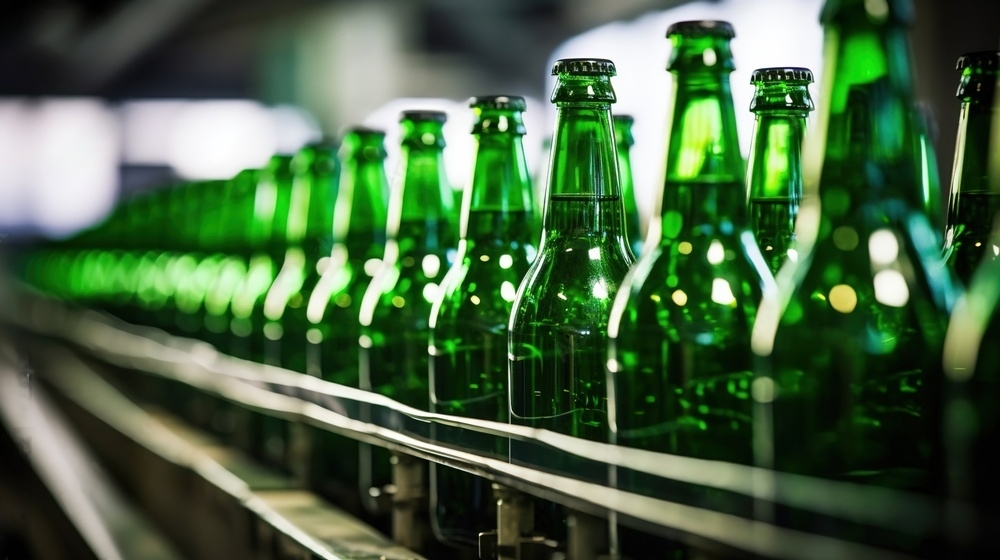
From the outside, the process of recycling glass may look simple: place the correct material in the right kind of bin, and it’ll make its way back into a circular economy, right?
Unfortunately, the many variables that make up the glass recycling process in Australia mean that more than a quarter of the glass we consume is destined for rubbish that goes to landfill.
This is often a result of contamination, where small pieces of glass are mixed with other materials, like bottle caps, stones, and ceramics. As these are much harder to separate, contaminated glass is more likely to end up in landfills.
How ceramics (CSP) affect the glass circular economy
Ceramics, vases, mirrors, heat-proof cooking glass, drinking glass and china are unable to be recycled as they heat at a different rate to regular glass bottles or jars, making them often likely culprits in weakening recycled glass and contaminating sorted glass.
Even a seemingly small amount of ceramics can contaminate an entire load of sorted and recyclable glass, which leads to a substantial amount of waste, reduced efficiencies, and breakage of the ability of glass to move through a circular economy.
With Australia’s goal of a circular economy that sees materials made, used, and recycled, taking steps towards increasing our glass recycling rates is of paramount importance both for individual households and commercial operations.
The BottleCycler solution to resolving ceramics contamination
At BottleCycler, our goal is to take the hassle out of glass management and recycling, working with our hundreds of clients across Australia to save millions of kilos of glass from landfills. Our innovative glass crushing machine not only reduces the original volume of glass by up to 80%, but it’s also designed to ensure that only glass bottles suitable for recycling are processed.
By offering hospitality venues and staff an easy, efficient way to separate glass recyclables, BottleCycler ensures that a substantial portion of glass returns to the circular recycling stream without contamination. Each bin holds up to 300 bottles, which also reduces the nuisance of needing to constantly empty bins during busy periods of activity.
With a whisper-quiet machine (about as loud as a coffee grinder!), bottle crushing can take place front-of-house, meaning staff no longer have to lug heavy, dangerous bins of commingled recyclables through the venue. This can result in significant improvements to OH&S, removing the danger of carrying, sorting, and disposing of glass bottles.
The reduced glass volume generated by a BottleCycler machine also means fewer trucks are needed to transport glass waste, resulting in less petrol, less CO2 pollution and less noise pollution.
Conclusion
For the health of our planet and our people, sustainability isn’t just an afterthought but a significant and leading corporate responsibility. BottleCycler’s unmatched dedication to recycling sees glass recyclables from across Australia diverted from landfills through a unique, innovative, and time-saving solution.
Apply for your free one month trial today and discover how BottleCycler can save your glass recyclables from the risk of ceramics contamination.

